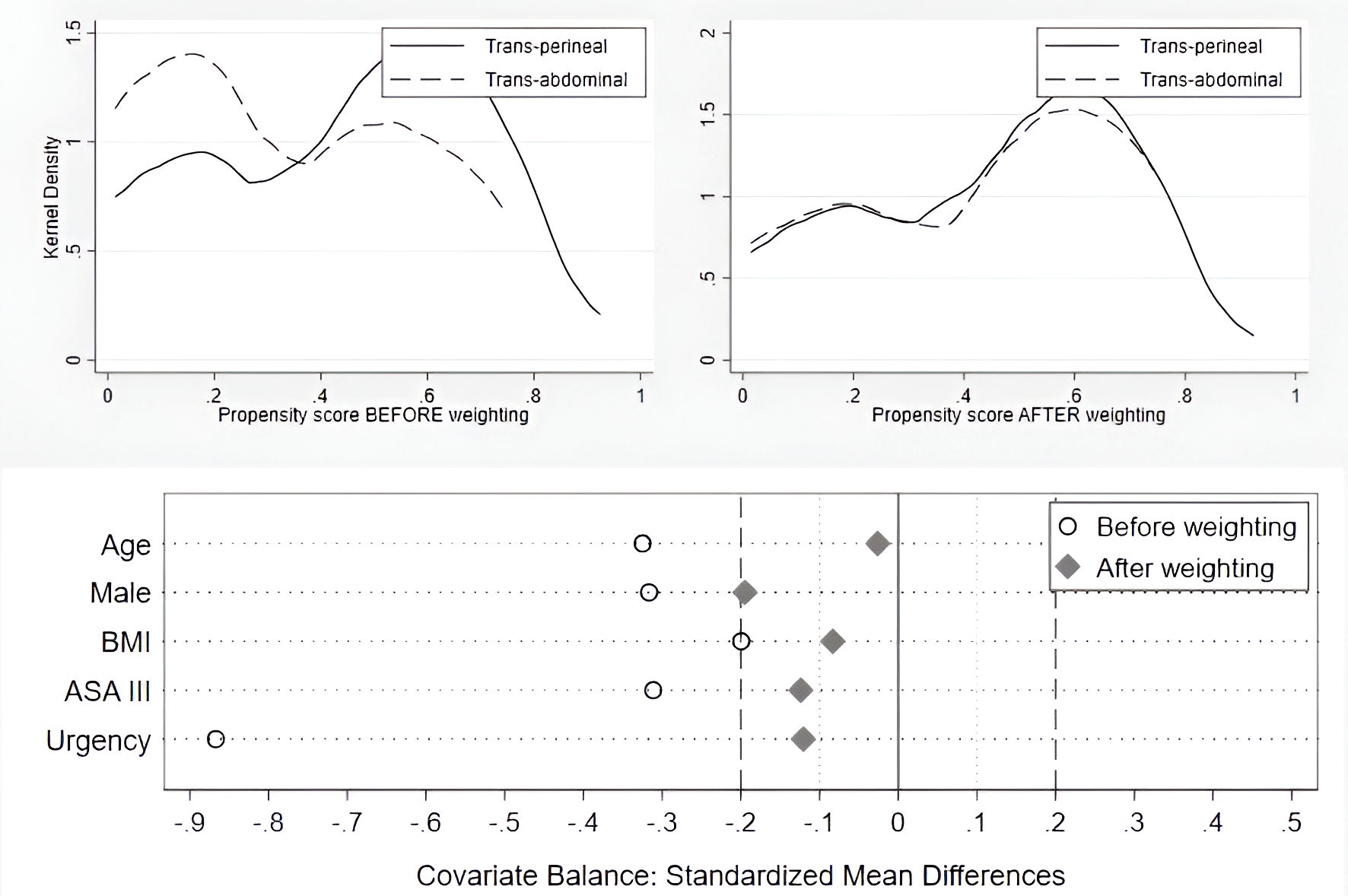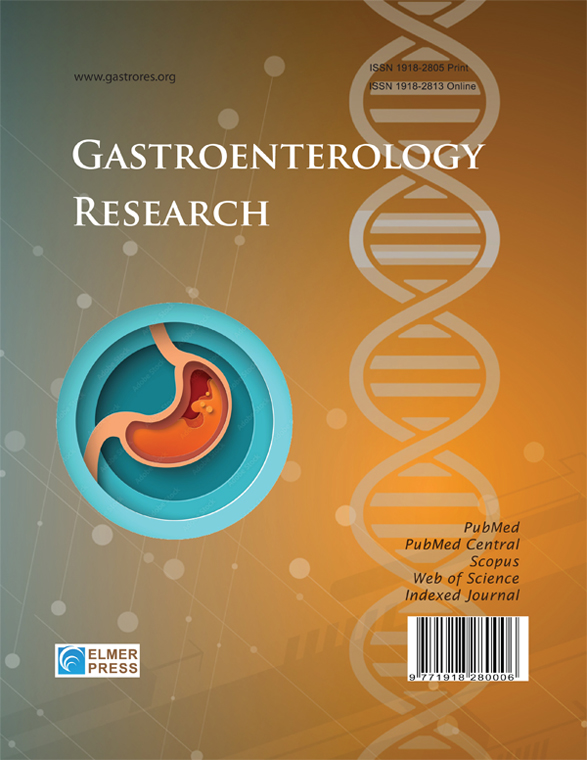Comparative Outcomes of Transabdominal and Transperineal Approaches for Full-Thickness Rectal Prolapse Repair: A Fourteen-Year Retrospective Study
DOI:
https://doi.org/10.14740/gr2015Keywords:
Colorectal surgery, Comparative study, Propensity score, Rectal prolapseAbstract
Background: The choice between transabdominal and transperineal approaches for full-thickness rectal prolapse repair remains controversial. This study compared the outcomes of these two approaches over a 14-year period in a real-world setting.
Methods: This retrospective cohort study was conducted at a tertiary hospital in Thailand and included data from surgeries performed between January 2010 and December 2023. All patients who underwent surgical repair were included, except those with rectal prolapse secondary to colorectal cancer or those who did not receive surgical treatment. Surgical approaches were categorized into transperineal and transabdominal repairs. Outcomes (recurrence, morbidity, fecal incontinence, and constipation) were compared using inverse probability treatment weighting of propensity scores.
Results: A total of 58 patients were included, with 33 undergoing transperineal and 25 transabdominal repairs. Thirty-day postoperative complications and recurrence rates were comparable between the two approaches, with a nonsignificant trend favoring the transabdominal approach (30-day postoperative complication and recurrence risk ratios (95% confidence interval (CI)): 0.67 (0.06, 7.65) and 0.62 (0.11, 3.53), respectively). Fecal incontinence and constipation rates were also comparable. However, among the 34 patients with at least a 1-year follow-up, the transabdominal approach showed a nonsignificant trend toward higher constipation and lower fecal incontinence (constipation and fecal incontinence risk ratios (95% CI): 2.24 (0.61, 8.19) and 0.50 (0.16, 1.60), respectively).
Conclusions: From our 14 years of experience, transperineal and transabdominal approaches for rectal prolapse repair have had comparable outcomes. The choice of approach should be based on patient conditions, surgeon expertise, and thorough discussion with all involved.

Published
Issue
Section
License
Copyright (c) 2025 The authors

This work is licensed under a Creative Commons Attribution-NonCommercial 4.0 International License.









